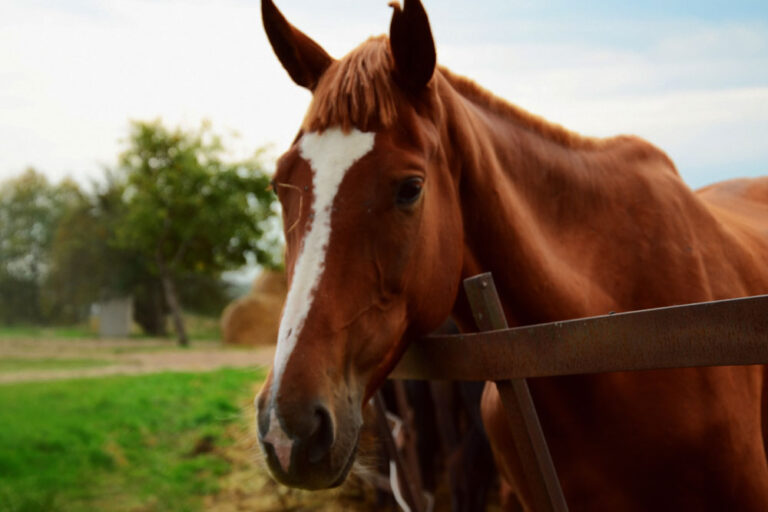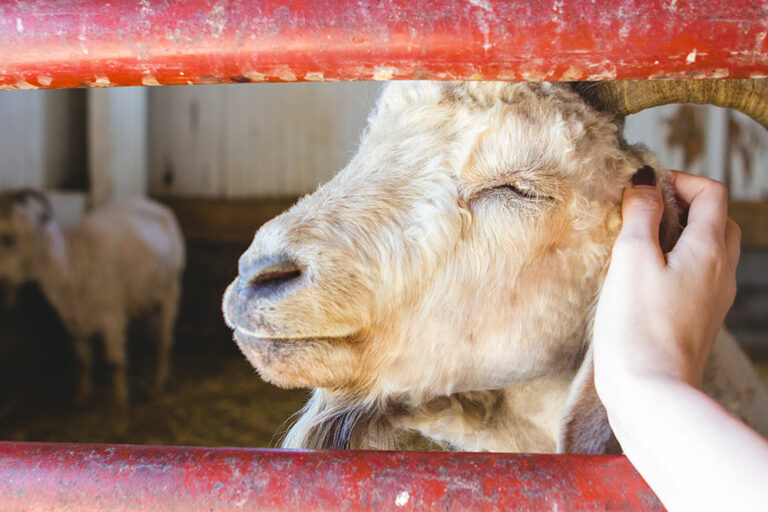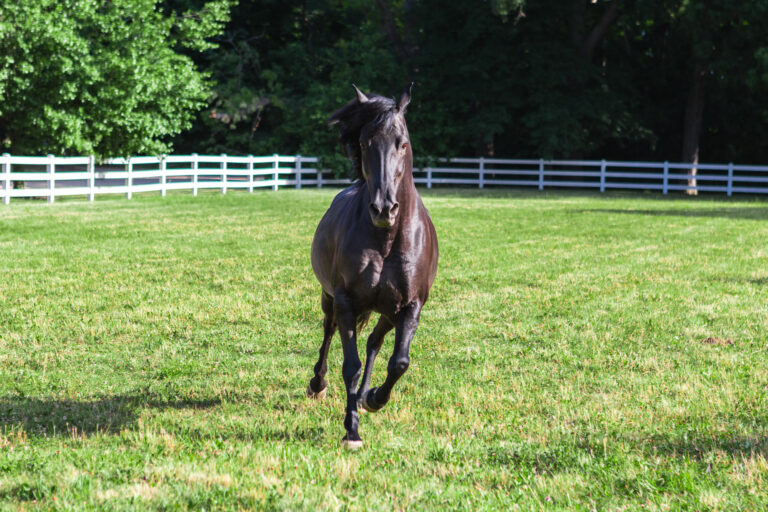Health Issues Associated with Horses in Florida
Horses in Florida can face a variety of health issues due to the state’s unique climate, environment, and management practices. In this blog post, we will explore some of the common health concerns that horses may face in Florida.

- Heat stress: One of the most significant health issues for horses in Florida is heat stress. With high temperatures and humidity, horses can become dehydrated, develop heat exhaustion or heat stroke, and suffer from other heat-related conditions. Horses should have access to plenty of fresh water and shade, and their workload should be limited during the hottest parts of the day.
- Skin conditions: The warm and humid climate in Florida can also lead to various skin conditions in horses. Rain rot, a fungal infection that causes scabby and sore areas on the skin, is prevalent in humid climates. Other common skin conditions include sweet itch, a type of allergic reaction to midge bites, and sunburn. Horses should be regularly groomed and have access to shelter to prevent and manage these conditions.
- Insect-borne diseases: Florida is home to a variety of insects that can transmit diseases to horses, such as West Nile Virus and Eastern Equine Encephalitis (EEE). These diseases can be fatal to horses, so it’s essential to protect them with vaccinations and insect repellents. Horses should also be stabled during dawn and dusk when mosquitoes are most active.
- Laminitis: Laminitis is a painful and potentially life-threatening condition that can affect horses in Florida. The lush grasses in Florida can be high in sugar and starch, which can cause laminitis in susceptible horses. Horses should have access to grazing that is managed to reduce their sugar intake and be fed a balanced diet to help prevent laminitis.
- Colic: Florida horses are also at risk of colic due to the state’s sandy soil and high humidity. The sandy soil can lead to impactions in the horse’s digestive system, while the high humidity can cause dehydration, which can also lead to colic. Horses should have access to clean water at all times, and their diet should be managed to prevent sudden changes that can cause colic.
- Respiratory issues: Florida is prone to wildfires, which can cause respiratory issues in horses due to smoke inhalation. Additionally, the high humidity can create a breeding ground for mold and other allergens, which can also cause respiratory problems. Horses should be stabled during fires and kept in well-ventilated areas to prevent respiratory issues.
- Parasites: Florida’s warm and humid climate also provides an ideal environment for parasites such as worms and botflies. These parasites can cause a range of health issues in horses, including weight loss, colic, and respiratory issues. Horses should be dewormed regularly, and their environment should be managed to reduce parasite exposure.
In conclusion, horses in Florida face a range of health issues due to the state’s unique climate, environment, and management practices. These health concerns include heat stress, skin conditions, insect-borne diseases, laminitis, colic, respiratory issues, and parasites. Horse owners in Florida should be aware of these health issues and take steps to prevent and manage them to ensure the health and wellbeing of their horses. Regular veterinary care, proper nutrition, and management practices such as providing access to shade, clean water, and well-ventilated stables can all help to prevent and manage these health concerns.





